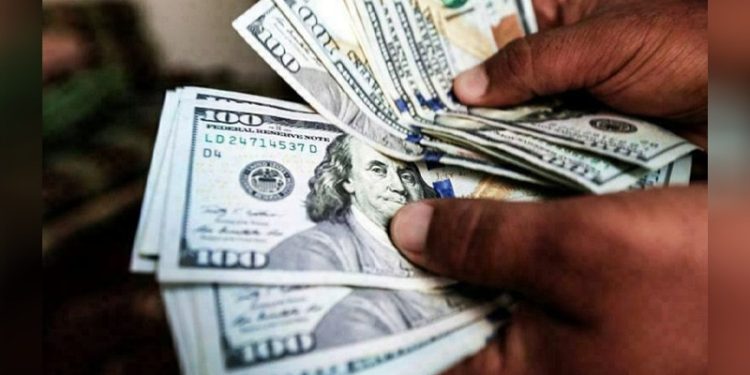Pakistan has recorded its first fiscal surplus in over two decades, thanks to unprecedented profits from the State Bank of Pakistan (SBP) and a record petroleum levy, according to the Fiscal Operations report released by the Ministry of Finance for the first quarter of the fiscal year. The SBP’s historic surplus profit of Rs2.5 trillion, bolstered by the nation’s highest-ever policy rate of 22 per cent, played a pivotal role in transforming the budget deficit into a surplus of Rs1.696 trillion, or 1.4pc of GDP, for the July-September period.
The revenue from the petroleum levy contributed Rs262 billion, an 18pc increase year-over-year, adding to the financial boost. This fiscal surplus contrasts starkly with a 0.9pc budget deficit recorded in the same period last year, marking a significant milestone since 2001.
Non-tax revenue outpaced tax revenue for the first time, surging by over 550pc to Rs3.05 trillion. Total revenues increased by 117pc to Rs5.83 trillion, nearly doubling the revenue-to-GDP ratio to 4.7pc as of September 30. Tax revenues rose by 25pc, reaching Rs2.77 trillion, led by increases in direct and sales taxes.
Meanwhile, total expenditures grew by 13pc to Rs4.13 trillion, with current expenditures up 11pc to Rs3.54 trillion. Defence spending rose 20pc to Rs410 billion. Interest payments saw a slight decline, dropping 5pc to Rs1.3 trillion, attributed mainly to a lower policy rate.
However, federal development spending fell by nearly 45pc, reflecting a slowdown in the Public Sector Development Programme (PSDP), with spending at Rs22.7 billion compared to Rs41 billion last year. External financing registered at a negative Rs157 billion, contrasting with the Rs442 billion surplus seen last year. Provincial finances were mixed, as a surplus of Rs160 billion was contributed by Sindh, Khyber Pakhtunkhwa, and Balochistan, while Punjab’s deficit of Rs160 billion offset gains.
These fiscal improvements lessen the likelihood of a mini-budget to address the first-quarter Rs85 billion tax revenue shortfall committed to the International Monetary Fund (IMF). With Pakistan’s non-tax revenue surpassing tax revenue and a new fiscal direction, the government’s fiscal policy and monetary strategy appear to be on a transformative path forward.









